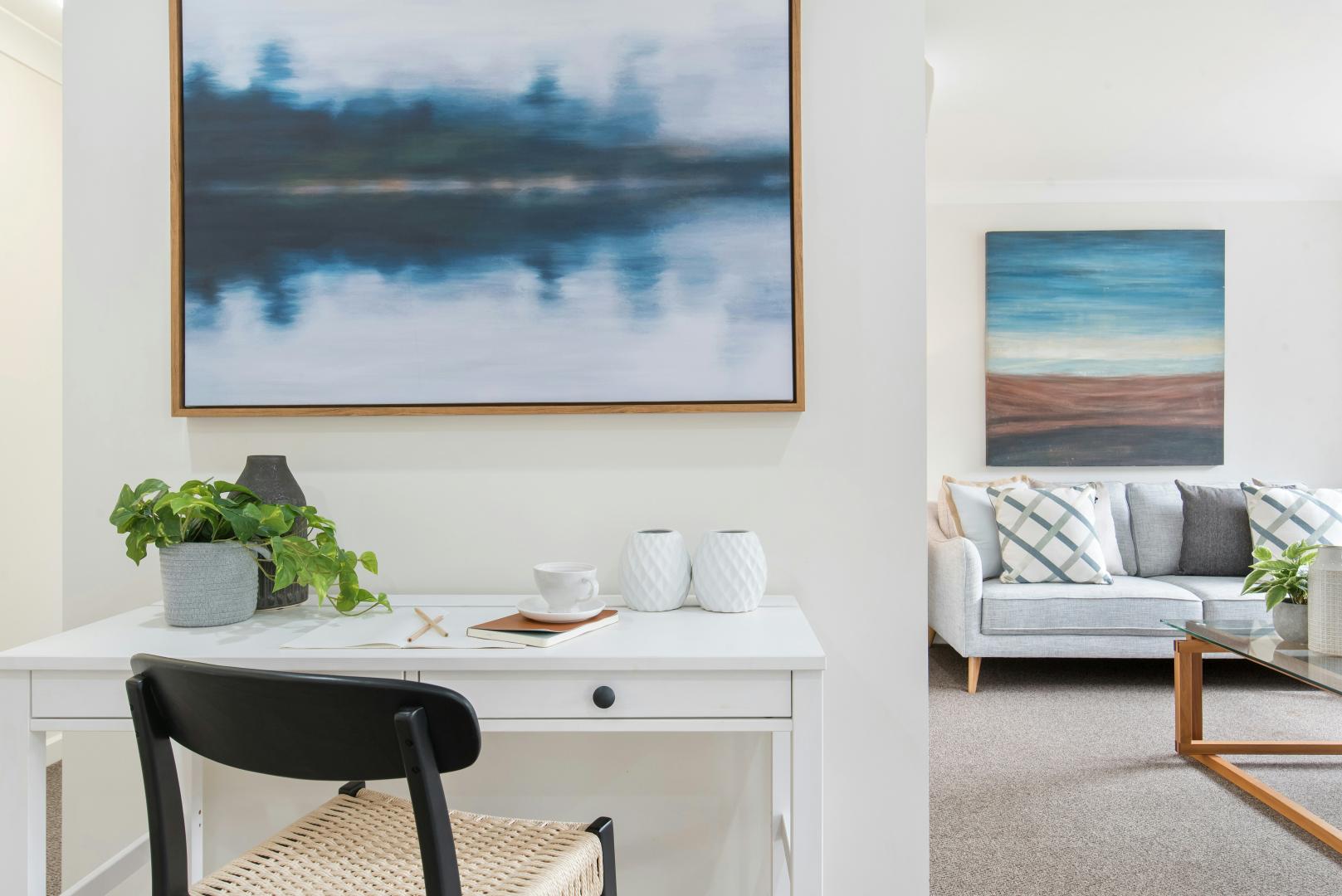Martin Woodhead from the Mortgage Advice Bureau at Heywoods comments on the ins and outs of the Help to Buy 2 scheme:You may well have heard of Help to Buy 2 (H2B2) – the second part of t...
Martin Woodhead from the Mortgage Advice Bureau at Heywoods comments on the ins and outs of the Help to Buy 2 scheme:
You may well have heard of Help to Buy 2 (H2B2) – the second part of the government scheme aimed at helping people get onto and move up the property ladder.
The scheme has attracted a lot of attention since the government announced that it would be available from early October this year, rather than 1st January 2014, the initial launch date.
The hope is that this scheme will make more mortgages available at higher loan-to-values (up to 95%), at lower rates of interest than were previously on offer. But there is a lot of confusion about H2B2 – not least, how it differs from the first part of the Help to Buy scheme, which has been in place since April this year. The following Q&A should clarify what Help to Buy 2 is all about, and how it differs from Help to Buy 1.
Q: What is the key difference between Help to Buy 1 and Help to Buy 2?
A: Help to Buy 1 is a loan scheme for mortgage borrowers, offering a loan of 20% of the property's value to people with a 5% deposit looking to buy a new-build home on a site designated by a participating housebuilder.
Help to Buy 2 is a guarantee scheme for mortgage lenders, offering them an ‘indemnity' or insurance cover, which will compensate them for most of the cost if borrowers of higher loan-to-value mortgages default on their mortgage payments.
Q: If Help to Buy 2 is a scheme for lenders, how could it help me?
A: It is hoped that, by offering insurance against potential losses on riskier mortgages, Help to Buy 2 will encourage participating lenders to offer more loans between 80% and 95% loan-to-value. These mortgages will look exactly the same as any other mortgages to borrowers – although they come with specific restrictions.
Q: What are the restrictions?
A: Mortgages provided by lenders using Help to Buy indemnity are not restricted to first-time buyers, but borrowers are not allowed to own all or part of another property anywhere in the world. So they are not available to buy-to-let investors of holiday home buyers. The maximum loan size is £600,000. These mortgages will be available throughout the UK and can be used by UK residents and foreign buyers who meet the lenders' usual criteria regarding affordability, credit history and so on.
Q: I have read that Help to Buy 2 applies to all property, whereas Help to Buy 1 only applies to new-build. Is this the case?
A: Help to Buy 2 ‘applies to all properties' in the sense that any regular mortgage can be used to buy any regular property. The mortgages advanced by lenders using the Help to Buy scheme will be subject to the lenders' usual underwriting criteria.
Help to Buy 1 is strictly confined to new-build properties, as it aims both to help people get onto and move up the property ladder and to boost the construction industry and associated businesses.
Q: Who is offering mortgages under the Help to Buy 2 scheme?
A: Halifax and RBS/NatWest have already signed up and say they will be offering mortgages in the coming weeks, which it is thought will be available up to 95% loan to value. Smaller lender Aldermore has also announced that it will participate in the scheme, but not until next year.
Q: When can I get one?
A: You can apply to Halifax or RBS/Natwest in the coming weeks, and contrary to some reports you can complete on your mortgage as soon as possible – you don't have to wait until 1st January. However, the lenders have to wait until January before applying for indemnity on the mortgages.
Next week we explain the details of the first part of the Help to Buy scheme in detail. Martin Woodhead is from the Mortgage Advice Bureau at Heywoods – for further information call: 01782 664995 Email: martinwo@mab.org.uk or visit: heywoodsproperty.co.uk/mortgages.htm
Your home may be repossessed if you do not keep up repayments on your mortgage.
There will be a fee for mortgage advice. The actual amount you pay will depend upon your circumstances. The fee is up to 1%, but a typical fee is 0.3% of the amount borrowed.
MAB 5801


 By
By 



Share this with
Email
Facebook
Messenger
Twitter
Pinterest
LinkedIn
Copy this link